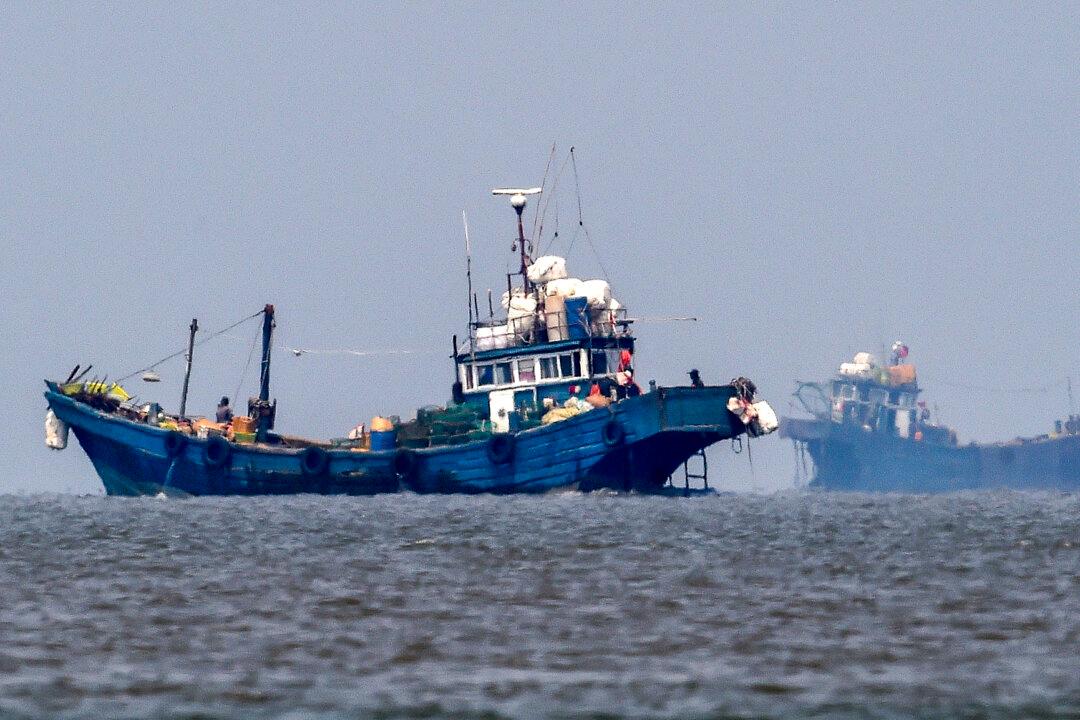China now reigns supreme over global fishing by dominating the high seas with more than 6,000 ships, a flotilla more than triple the size of the next largest national fleet, according to a report by the Outlaw Ocean Project.
Research by the environmental nonprofit based in Washington shows that more than one-third of the world’s seafood stocks have been overfished, largely because of Beijing’s “industrial-scale efforts” to harvest fish, squid, shrimp, and other shellfish from the world’s oceans.





